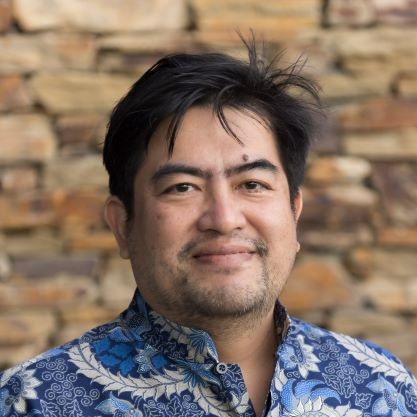Biostatistician, Programme Manager of Geospatial Epidemiology
Oxford University Clinical Research Unit Indonesia (OUCRU ID)
Dr Iqbal leads the Geospatial Epidemiology and Biostatistics Group at the Oxford University Clinical Research Unit Indonesia.
He earned his BSc in Statistics from the Bogor Agricultural Institute, MPH in Health Informatics from the University of Indonesia, and DPhil in Malaria Disease Mapping from Oxford University. For 23 years, he has concentrated on biostatistics, disease surveillance, and spatial epidemiology. His main areas of interest in research are big data analysis in population health, geographic analysis of infectious and non-infectious diseases, estimates of the burden of diseases, and the effects of population mobility on the spread of infectious diseases.
He finished a training fellowship in public health and tropical medicine from the Wellcome Trust. He received Scholarship Award to attend the Leadership Course: Science of Eradication provided by the Institute for Global Health, Barcelona, Swiss Tropical Public Health Institute and Harvard School of Public Health. Barcelona, Spain. He also served as the Indonesia Country Coordinator for the Global Burden of Diseases Study at the Institute for Health Metric and Evaluation, University of Washington. He has been a member of the Malaria Technical Working Group since 2014, serving the Indonesian Ministry of Health and The Global Fund for AIDS, TB, and Malaria. He provided technical advice on malaria epidemiology, data management, epidemiological data, and geospatial analytics to the Indonesian Ministry of Health, the World Health Organization, and provincial and district health offices.
